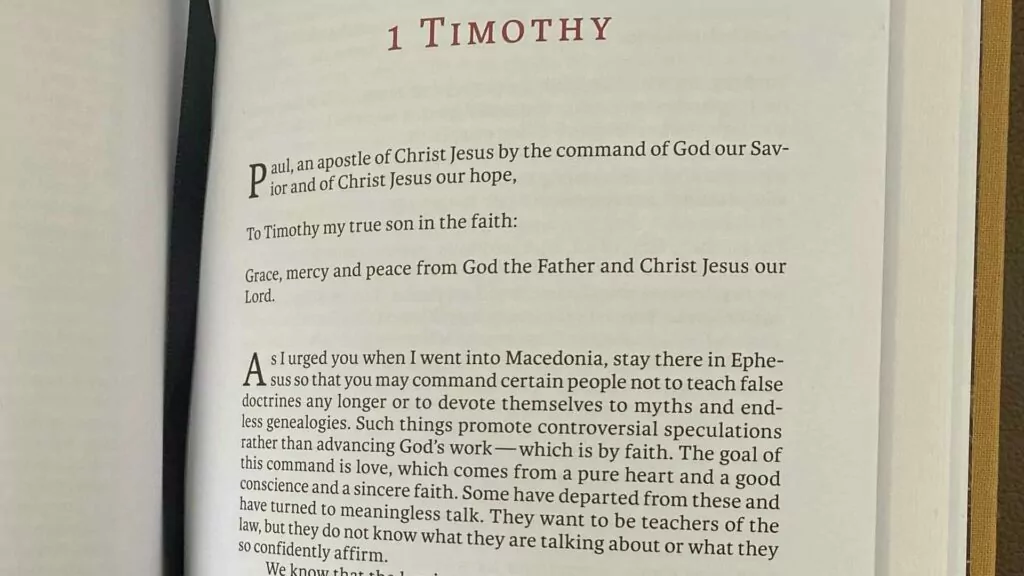The concept of self-defense is easy to understand and its validity is recognized by most people, whether Christian or not. If somebody is attacked, it is easy to understand that fighting back is a proper and even moral thing to do. That’s why people sympathize with the victim in these situations – self-defense seems naturally just.
I’m a victim!
That’s also why when a political debate is being framed, each side wants to be seen as the side that is being attacked – they want to be the side that is simply fighting back, rather than the bully who is picking fights.
So it should come as no surprise then that whenever Christians get politically active, they are portrayed as the aggressors. Every since the 1970s when today’s conservative Christian political movements first began to take shape, Christians have been accused of trying to force our morality on other people. Why, oh why can’t we just leave others alone?
But it just isn’t so. Christian political activism has been a defensive response to secularist attacks. If we look at things in their proper historical context, it leads to the question, “who was forcing what upon whom?” Did groups of Christians suddenly decide to organize politically to force other people to adopt Christian styles of living?
No. The fact is, it was social movements on the Left that began forcing changes that led Christians to respond with social and political action of their own. The other side was (and is) on the offense, and Christians are simply responding.
Reactions
This was pointed out as far back as 1982 by a prominent American sociologist, Nathan Glazer. He wrote an article at that time explaining the efforts of the then newly-formed Christian political groups that had played an important role in the 1980 American election that saw the rise of President Ronald Reagan. His article was called “Fundamentalists: A Defensive Offensive” and was republished a few years later in a collection of essays entitled Piety and Politics: Evangelicals and Fundamentalists Confront the World. (Don’t be confused by the word “fundamentalist.” It is a common term used to describe conservative Protestants, although in many contexts it is meant in a disparaging way.)
Glazer lists the various issues that were (and still are) of primary concern to conservative Christians to show that they are fighting defensive battles. “Abortion did not become an issue because Fundamentalists wanted to strengthen prohibitions against abortion, but because liberals wanted to abolish them.” Pornography did not become an issue because Christians suddenly decided to ban adult literature, but because by the 1970s porn was becoming ubiquitous and prominently displayed in stores. Homosexuality didn’t become an issue because Christians suddenly became obsessed with it, but because the homosexual rights movement began to make big political and legal strides. Feminism also emerged as a powerful political force leading to a Christian response.
In each of these cases, the Christian activity was a response to a political offensive from the other side. This leads Glazer to write,
“What we are seeing is a defensive reaction of the conservative heartland, rather than an offensive that intends to or is capable of really upsetting the balance, or of driving the United States back to the nineteenth century or early twentieth century.”
Due to the initial surge of Christian political activity, many people viewed the Christians as being on the offensive. But even if their activity did amount to an offensive of sorts, its whole purpose was ultimately defensive. In this respect, Glazer calls it a “defensive offensive.” But it’s vitally important to keep the defensive nature in mind.
“This ‘defensive offensive’ itself can be understood only as a response to what is seen as aggression—the aggression that banned prayer from the schools, or, most recently, the Ten Commandments from school-house walls, that prevented states from expressing local opinion as to the legitimacy of abortion, and that, having driven religion out of the public schools, now is seeking to limit the schools that practice it.”
Conclusion
Every society operates within some code of morality. All laws are based on a concept of morality, even traffic laws which protect people from the careless driving habits of others. Conservative Christians have not taken it upon themselves to introduce some new rules upon society but simply to defend the rules that have served well for hundreds of years. It is the other side that is trying to force a new morality onto society, and then accusing the Christians of doing so. Thus not only is their accusation false but it is also hypocritical. Christian activism is a form of political self-defense. Christians didn’t start this fight. They are responding to changes launched from the other side.
This first appeared in the February 2011 issue under the title “Political self-defense: some people find Christianity quite offensive – it just isn’t so.”












